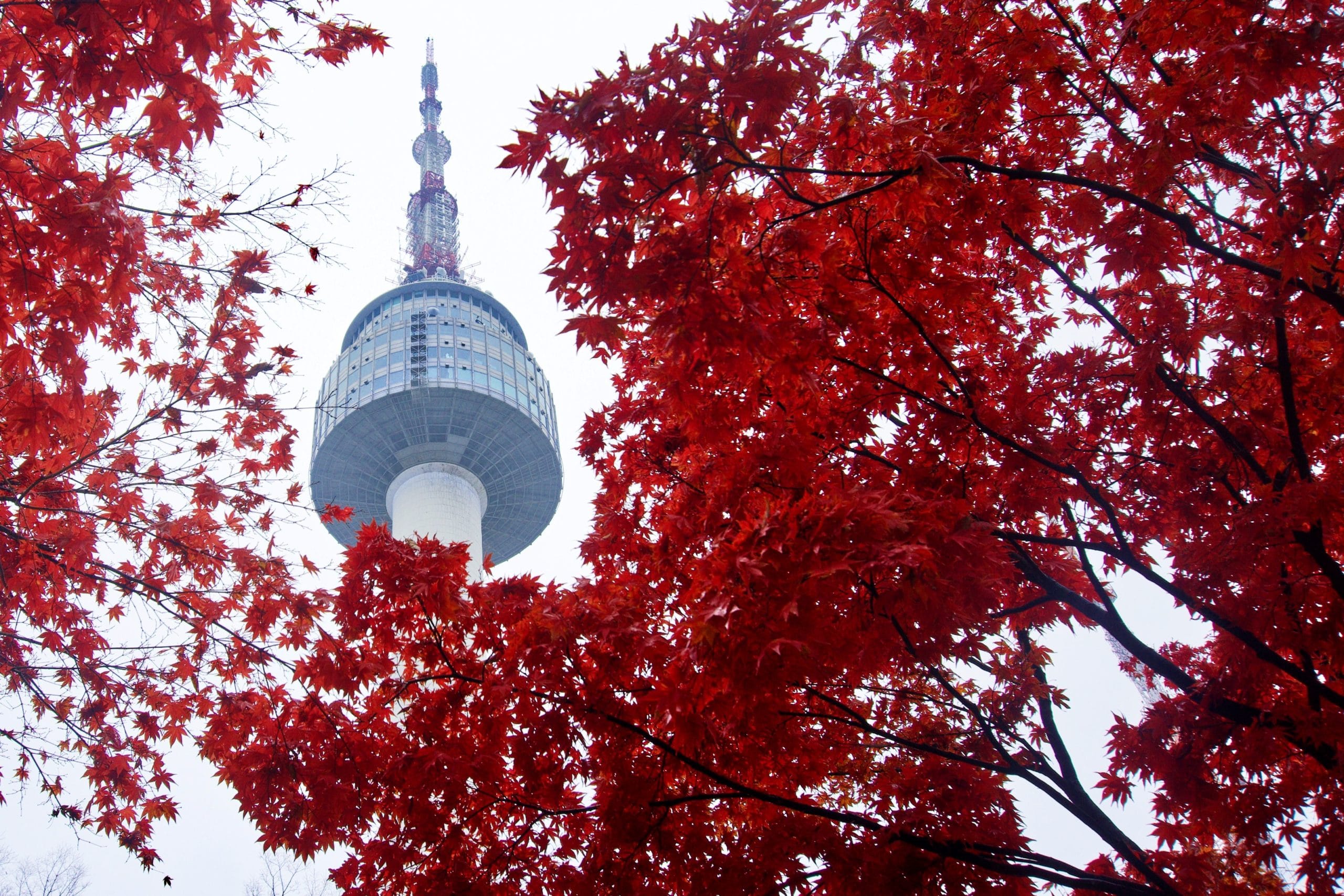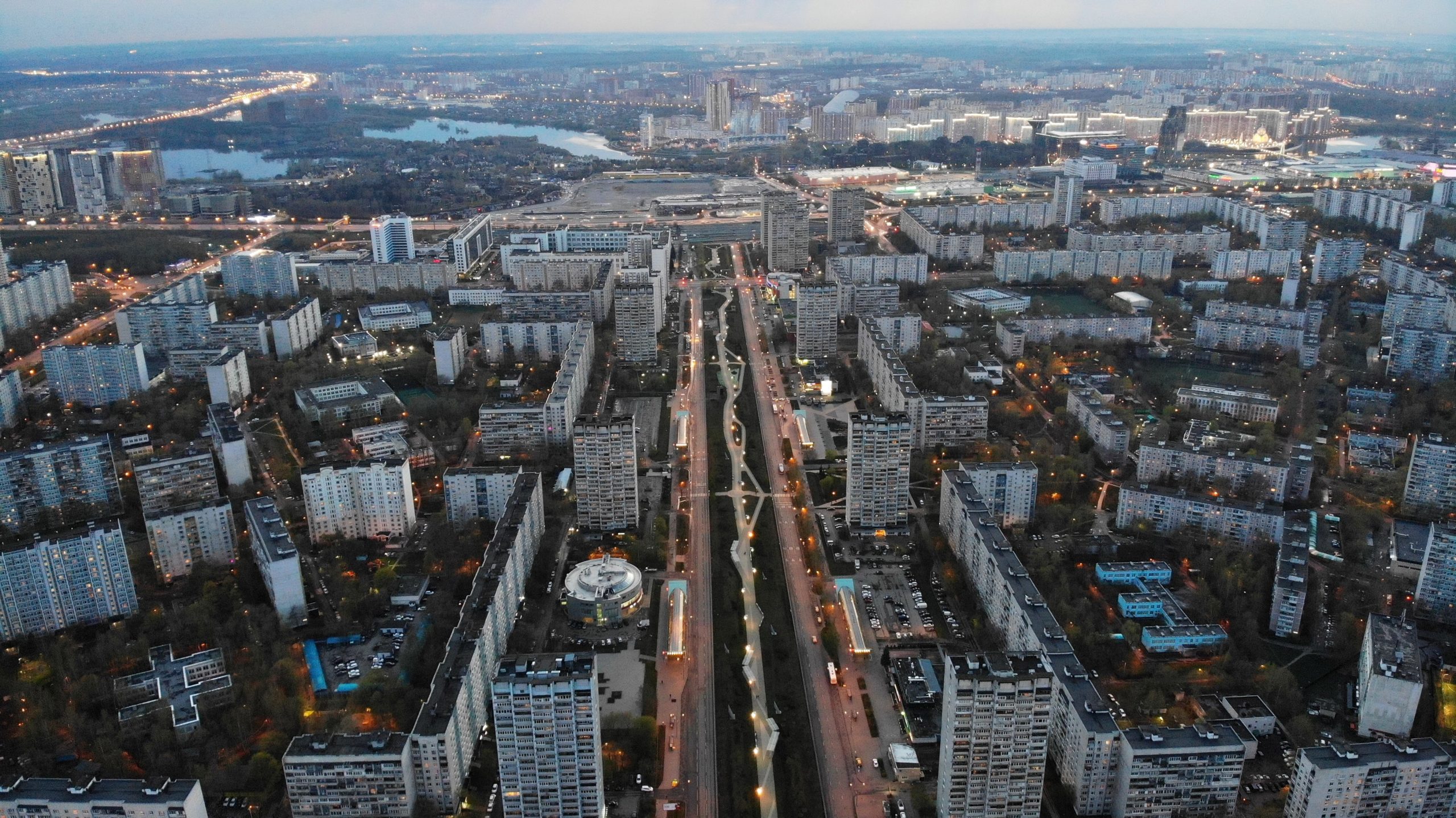The future of decentralized gaming is beginning to take shape. It’s happening, as we speak, in South Korea.
Research upcoming tech hubs with Crunchbase Pro.
Korea possesses the perfect mix of variables for blockchain gaming to gain traction. That includes:
- A massive crypto market. (Although the country boasts less than 1 percent of the world’s population, it hosts 30 percent of the world’s cryptocurrency trading.)
- An extremely large retail investor market.
- A proven urgency to move forward in forming necessary regulations related to blockchain. (Something few other countries possess.)
Of course, South Korea also boasts one of the biggest gaming markets in the world. They were the first country to host eSports events almost 20 years ago, such as those structured around Starcraft (in which 100,000 people fill entire stadiums to play together on giant screens). They’ve long dedicated TV channels to eSports and gaming. Unsurprisngly, the country’s game developers have cemented a reputation as some of the best in the world. They’re famous for the care and precision with which they practice their craft.


So it ultimately makes sense that Korea is leading the charge when it comes to moving gaming toward blockchain adoption. Here’s how, exactly, the country is taking the reins.
South Korea’s biggest companies are actively developing blockchain gaming technology.
Unlike in the United States where large companies and industry-influencers are still searching for blockchain use cases, companies in Korea are right now investing in (and building) a massive decentralized gaming ecosystem. In the process, they’re developing a model for blockchain gaming that the rest of the world will inevitably replicate.
This is why we at MagnaChain have made South Korea our #1 focus market.
We recently finalized a partnership with the Korean Mobile Game Association, for example, to assist KMGA members in utilizing the MagnaChain public blockchain. The association consists of more than 700 developers. That means more than 700 developers in Korea are—right now—investing their time and mental energy into creating and building blockchain games.
Legitimizing blockchain with regulation
Beyond MagnaChain, South Korea’s tech giants––like Kakao and Netmarble, for example––are real and genuine believers in distributed ledger technology. And bolstered by the country’s recent move to legitimize blockchain with new regulations, these companies are not merely exploring potential applications like their U.S. counterparts, but actually taking part in building them out. The use of blockchain technology by established gaming companies legitimizes the platform. Ultimately adoption can bring massive real-world adoption, use cases, and large-scale communities.
The emergence of blockchain games which incorporate some of the world’s global IP’s are also beginning to take place. This is happening in Korea as well as other countries. At MagnaChain, we are firm believers that well-known gaming and other IP will massively increase the success of blockchain gaming. Our team at MagnaChain, for example, is working with iPeoples gaming startup in Korea to bring one of Korea’s oldest and most-loved gaming IP’s, Blue Marble (which is similar to the U.S.’s Monopoly) to the MagnaChain Blockchain. Several other decentralized games are also currently in development.
The market for these games is palpable. Last month, I spoke at a blockchain gaming meetup in Korea where I touched on new developments such as Blue Marble. Although crypto at the time was in the midst of a global downturn, more than a thousand people showed up anxious to learn more. That, to me, further proved the excitement Korea possesses when it comes to blockchain gaming.
Competition exists to drive up quality and increase legitimacy
Because of the favorable conditions for blockchain adoption that South Korea has encouraged on the regulatory level, and because demand for blockchain-powered games is so high, there exists right now in Korea a large array of companies and firms working to launch blockchain games.
This extends beyond the aforementioned major players.
For one thing, the more competition in the market, the higher quality product users can ultimately expect. Furthermore, in this nascent stage of decentralized gaming, increased competition also means that gamers can expect the arrival of legitimate, potentially blockbuster blockchain games sooner rather than later. Once those games arrive, they’ll serve as real-life examples of blockchain’s credibility and utility in the gaming world.
That’s what will cement the arrival, finally, of this new era in the gaming world––namely, one that’s distributed, decentralized, and more equitable services the entirety of the gaming community.
Blockchain technology will not remain trapped in R&D labs much longer
This, for gamers and crypto enthusiasts the world over, has long been the hope. There is hope that real use cases for this very promising technology would soon be actualized.
Well, that’s one reason I’m writing this now: that moment of actualization is happening now in South Korea. Companies and developers here, in semi-cooperation with the government and with the vital support of its avid gamer community, are establishing the first truly valuable use case for blockchain technology: decentralized gaming.
This is something which is, of course, very exciting to my team and I at MagnaChain, as it’s what we’ve been working toward since we started the company, but it’s also exciting for the blockchain world at large.
The future is, indeed, nearly upon us.
Hal has amassed over 15 years of international video games, technology, and Blockchain industry. He has experience across global markets and has lived and worked across Asia, Europe, and the US. Hal is the CEO of MagnaChain, a recently launched new public Blockchain protocol. Hal also advises both Asia and US-based Blockchain related companies.






